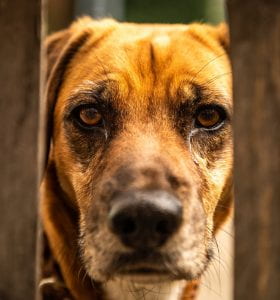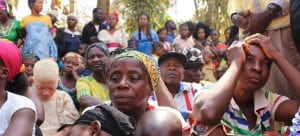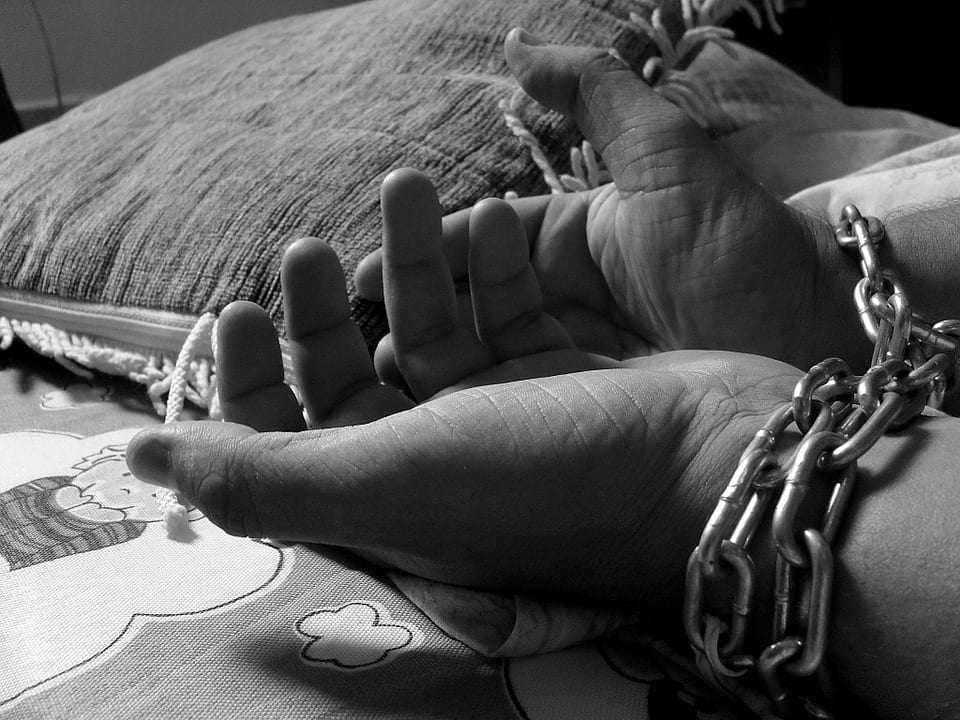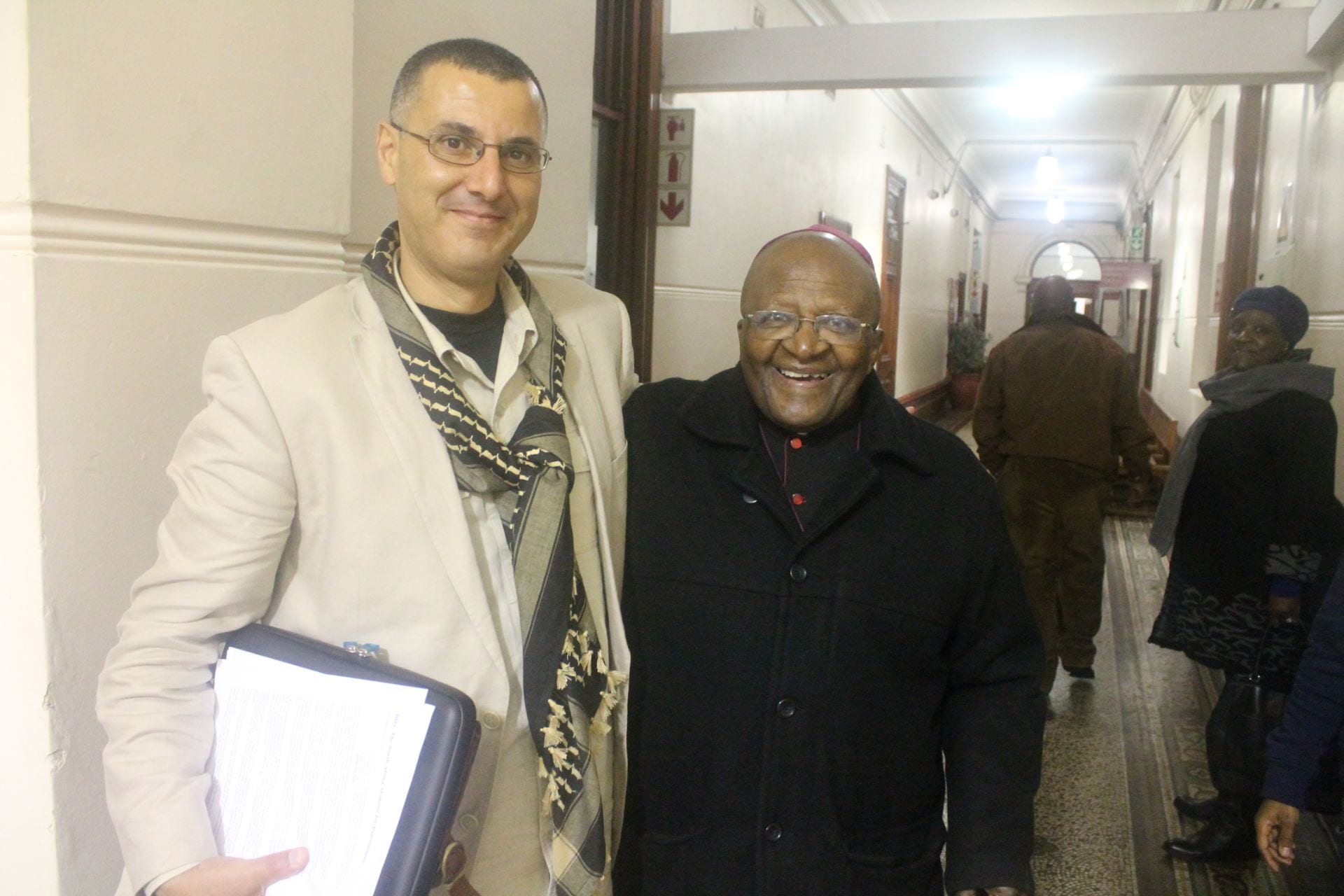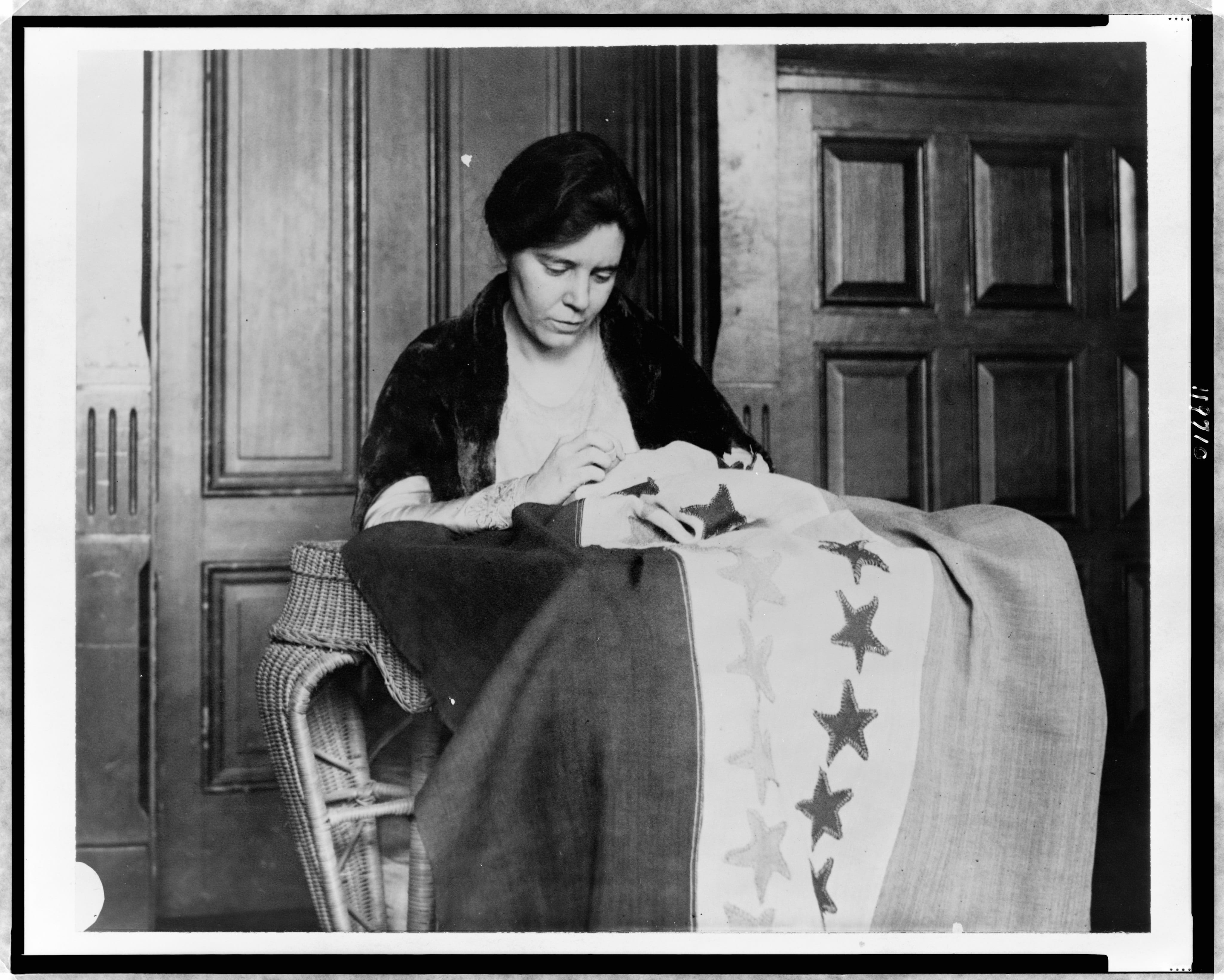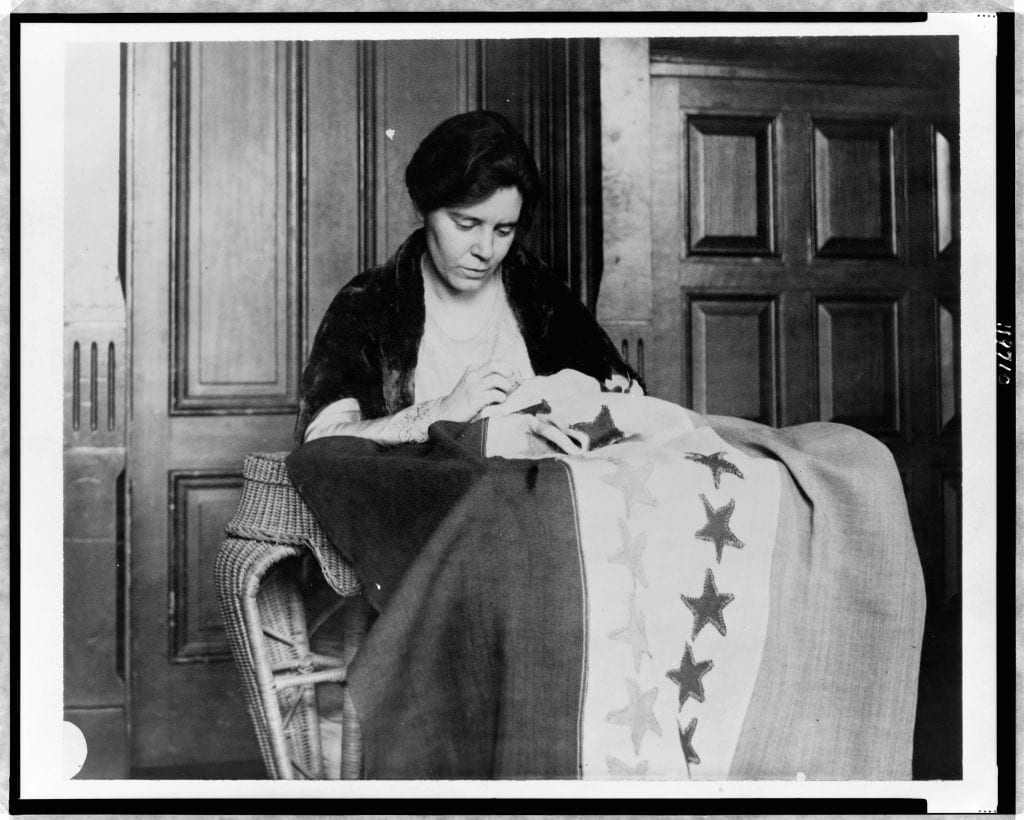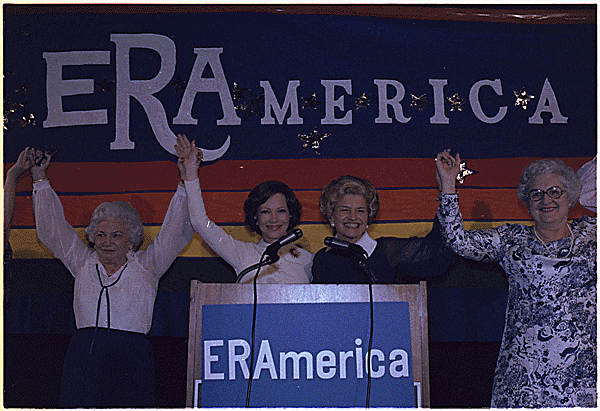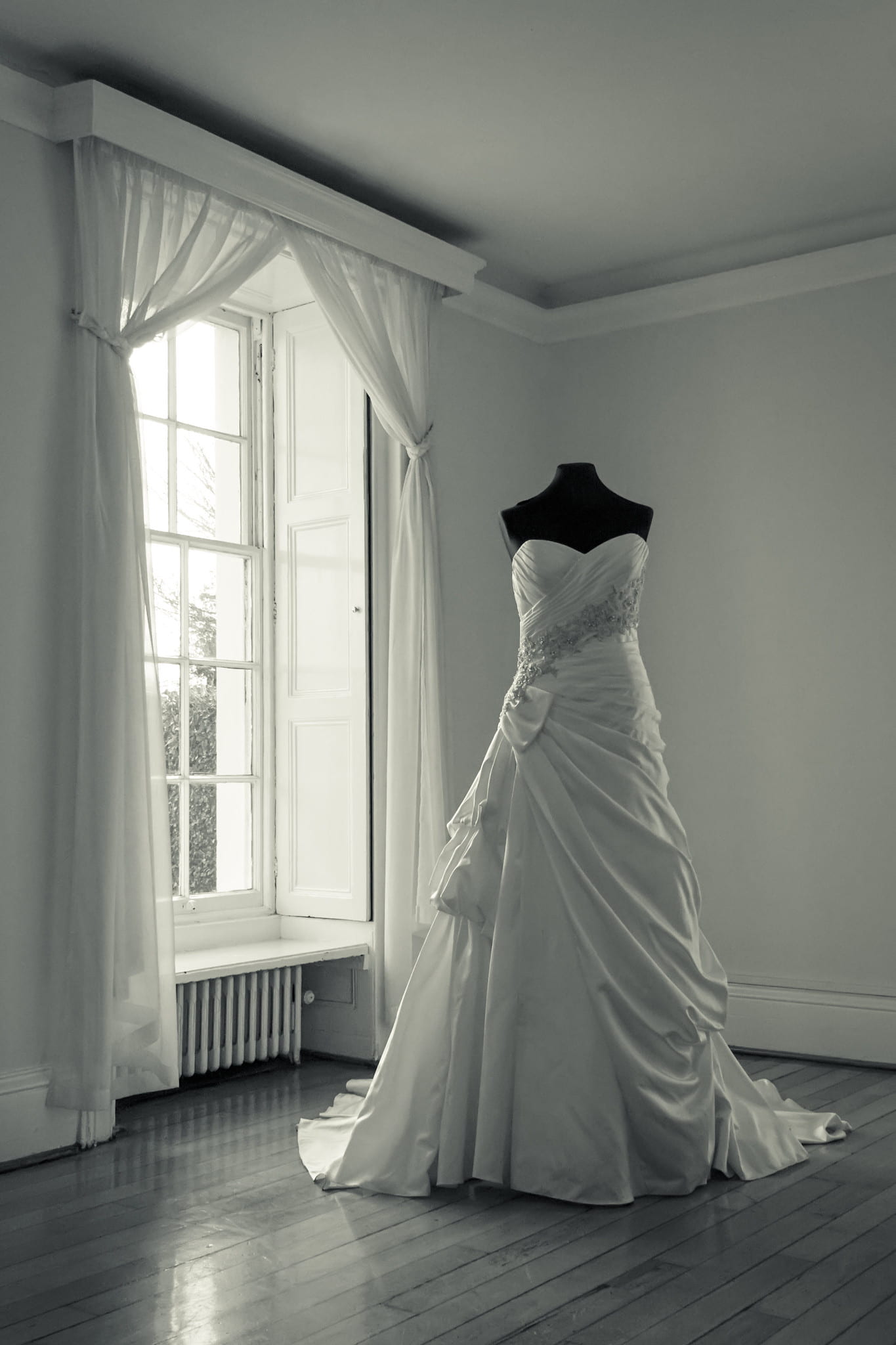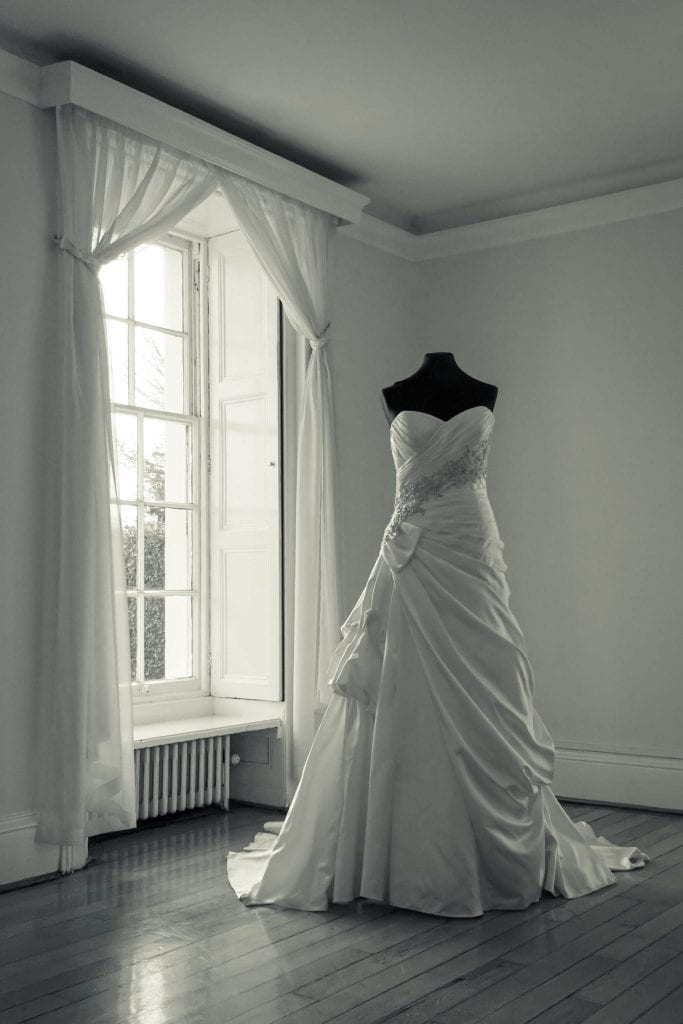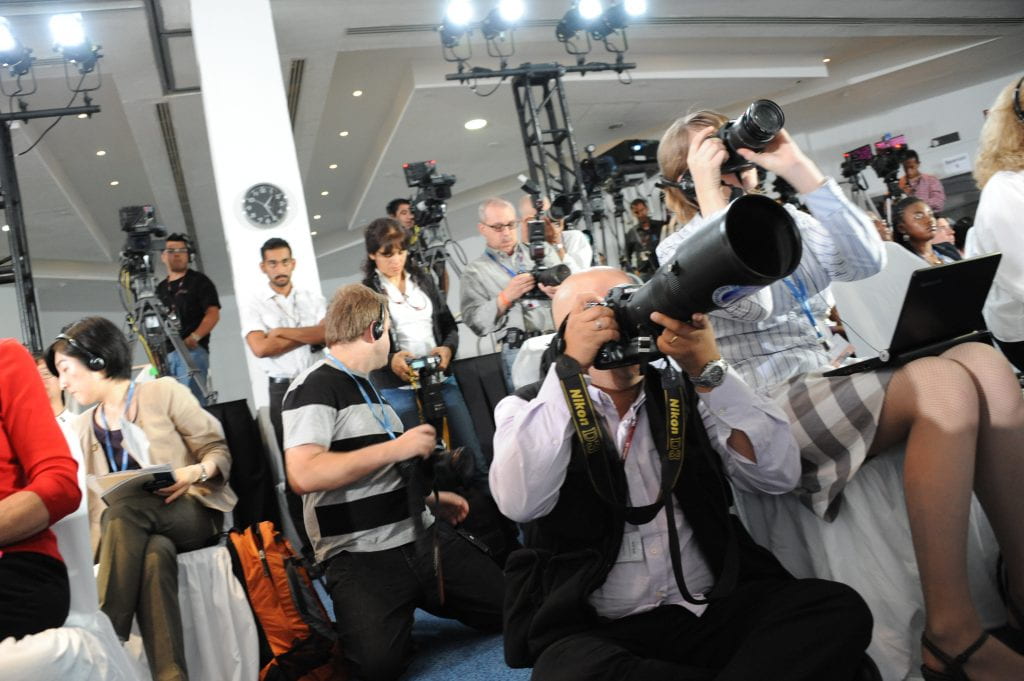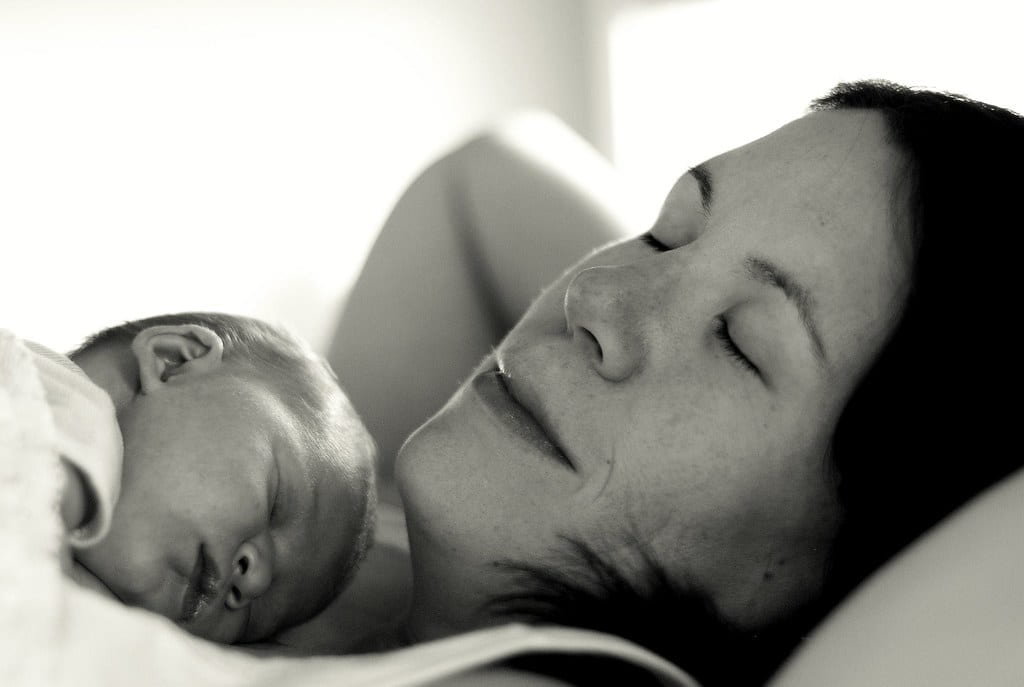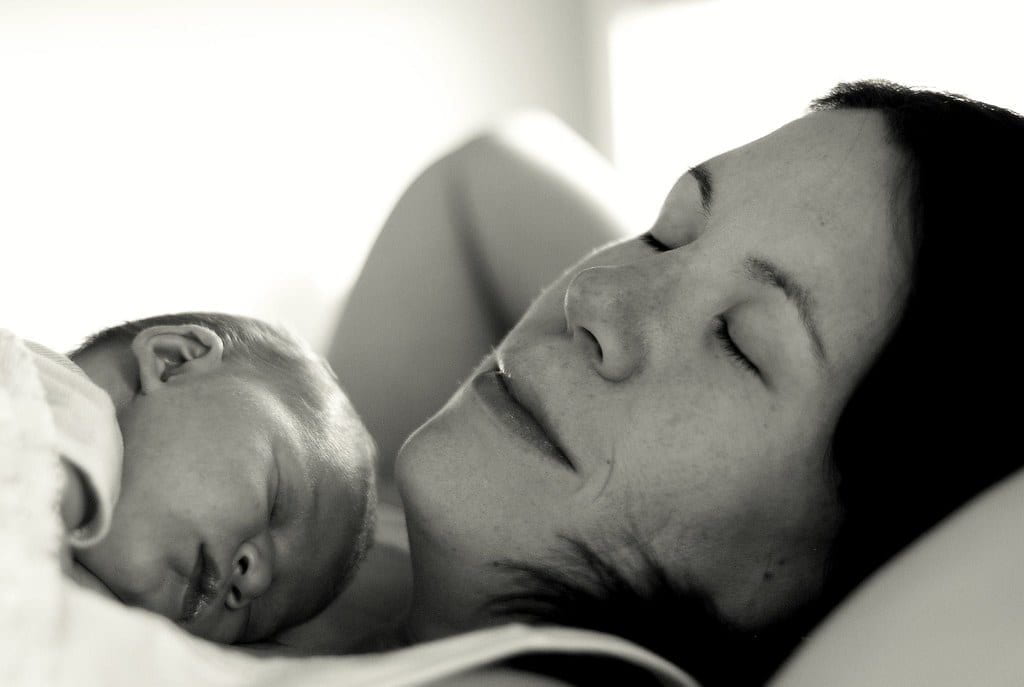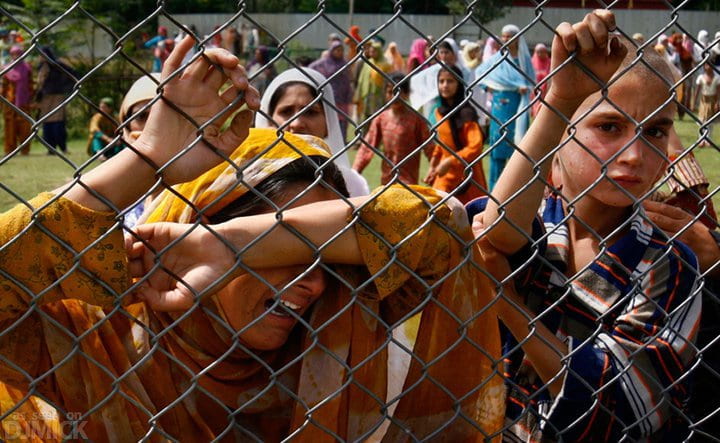
This Sunday September 29, a protest and awareness gathering was conducted at Linn Park by the Birmingham Islamic Society to advocate for the rights of Kashmiris. The attendees dressed in red to show their support for the victims who vocalized their concerns and shared their stories. Some local Birmingham families have not been able to get in touch with their family members back home for almost two months now. All forms of telecommunication have been blocked in the region, cutting them off from the rest of the world.
The Kashmir region in South Asia, once known as the “Heaven on Earth” due to its naturally beautiful valleys and landscapes, has been a disputed territory since the partition of India and Pakistan under the British rule in 1947. The countries have been at war three times on the conflict of claiming the region and rule it in parts. The UN’s Security Council Resolution of January 20, 1948 proposed a commission of three UN representatives to be selected by India, Pakistan, and Kashmir to mediate the situation, but the delay in the formation and implementation of the commission caused situations to change, and it ultimately failed to reach a conclusion or to devise a practical solution to the crisis. Control of the region has been disputed since then.
On August 5th earlier this year, the Indian government revoked the special status of the Indian-occupied region of Kashmir under Article 370 of its constitution. The only Muslim majority region of the country had the right to its own constitution and autonomy to make internal decisions under the article due to its special status, and annulling it has stripped them of these rights. Additionally, nearly 10,000 armed troops were sent to the area to impose a curfew in the region, evacuate tourists, shut off internet and other communication, and imprison their leaders.
As of October 1st, it has been 58 days since the lockdown of the territory. About eight million residents have been held hostages in their homes at gunpoint. The general public is not allowed to leave their homes and carry out their businesses, the schools and workplaces are closed, people are confined in their homes and neighborhoods, and the region is completely blacked out from the rest of the world. People with families and friends in the region are worried about their safety and are unable to contact them. The area has been flooded with armed troops and there is an overall sense of terror in the environment. This is a sheer violation of human rights being carried out for about two months now, but the world is silent.
The press has been trying to get into the disputed region to directly hear the views of victims. In video-recorded interviews, victims allege the Indian Army of subjecting them to extreme physical torture and mental persecution. Abid Khan, a 26-year-old Kashmiri, claims to have been grabbed by soldiers from his home in Hirpora and taken to a military camp where he was assaulted. His detailed account of the incident includes extreme physical and sexual abuse at the hands of four soldiers. Others reported being hung upside down, beaten with bamboo sticks, being electrocuted, and forced to drink large amounts of noxious liquid.
The Human Rights Watch has expressed its concern through issuing articles like “India: Basic Freedoms at Risk in Kashmir”, “India Needs to Step Back in Kashmir”, and “India Wants to Avoid International Intervention, But Needs to Address Human Rights in Kashmir” following the lockdown. Malala Yousufzai, the youngest Nobel peace prize winner, expressed her concern against the Kashmir curfew and communication blackout with the following tweets:
In the last week, I’ve spent time speaking with people living and working in #Kashmir – journalists, human rights lawyers and students. I wanted to hear directly from girls living in Kashmir right now. It took a lot of work from a lot of people to get their stories because of the communications blackout. Kashmiris are cut off from the world and unable to make their voices heard. Here is what three girls told me, in their own words: “The best way to describe the situation in Kashmir right now is absolute silence. We have no way of finding out what’s happening to us. All we could hear is the steps of troops outside our windows. It was really scary.” “I feel purposeless and depressed because I can’t go to school. I missed my exams on August 12 and I feel my future is insecure now. I want to be a writer and grow to be an independent, successful Kashmiri woman. But it seems to be getting more difficult as this continues.” “People speaking out for us adds to our hope. I am longing for the day when Kashmir will be free of the misery we’ve been going through for decades.” I am deeply concerned about reports of 4,000 people, including children, arbitrarily arrested & jailed, about students who haven’t been able to attend school for more than 40 days, about girls who are afraid to leave their homes. I am asking leaders, at #UNGA and beyond, to work towards peace in Kashmir, listen to Kashmiri voices and help children go safely back to school.
Nothing practical has been done to date by international organizations for peace and human rights. The victims are uncertain of their future, their lives are at the discretion of others, and their basic rights to freedom and mobility have been restricted through the use of force. They are unable to counteract because resistance is met with direct violence. The New York Times reported that when the Kashmiris attempted a peaceful protest in the streets of Srinagar after a few days of the lockdown, the Indian forces opened fire on them to scatter the crowd and cease them from further resistance, injuring at least seven people.
Kashmir has been a disputed and terror-imposed region for decades, but recent advancements by the Indian government have escalated the situation by making it “a living hell of anger and fear”. The world needs to understand that both India and Pakistan are nuclear-armed countries and the continued escalation of tension and confrontations may lead to a deadly nuclear war. The innocent residents of the region have sacrificed countless lives in the battle between the two countries. For decades, they have been suffering the consequences of British colonialism and their inefficiency during the Indo-Pak partition. When will their fight for freedom come to an end? When will the bloodshed and sacrifices of their loved ones bear fruit? When will they be able to enjoy normal lives and basic human rights? How many more lives will it take to make Kashmir a piece of heaven again? The answers are yet to be found.
The solution to the situation is complicated yet straightforward. It is their land and their lives. The only ones to decide their fate should be them, without any force or threat. This right was given to them by the UN, but unfortunately has not been implemented yet. A fair referendum by UN intervention can make it clear whether Kashmir wants to be a part of Pakistan, India, or a free state. But first, the abuse of human rights should be ceased by the world to normalize the lives of its residents.
We need to bring the attention of world leaders and organizations to the human rights crisis in Kashmir so they can intervene in the increasingly critical situation before it’s too late. To play our part in the fight against human rights abuse and bring attention to the Kashmir issue, we can show our support by raising our voice on different forums, especially social media using hashtags like #freekashmir, #standwithkashmir, and #endkashmirviolence.

